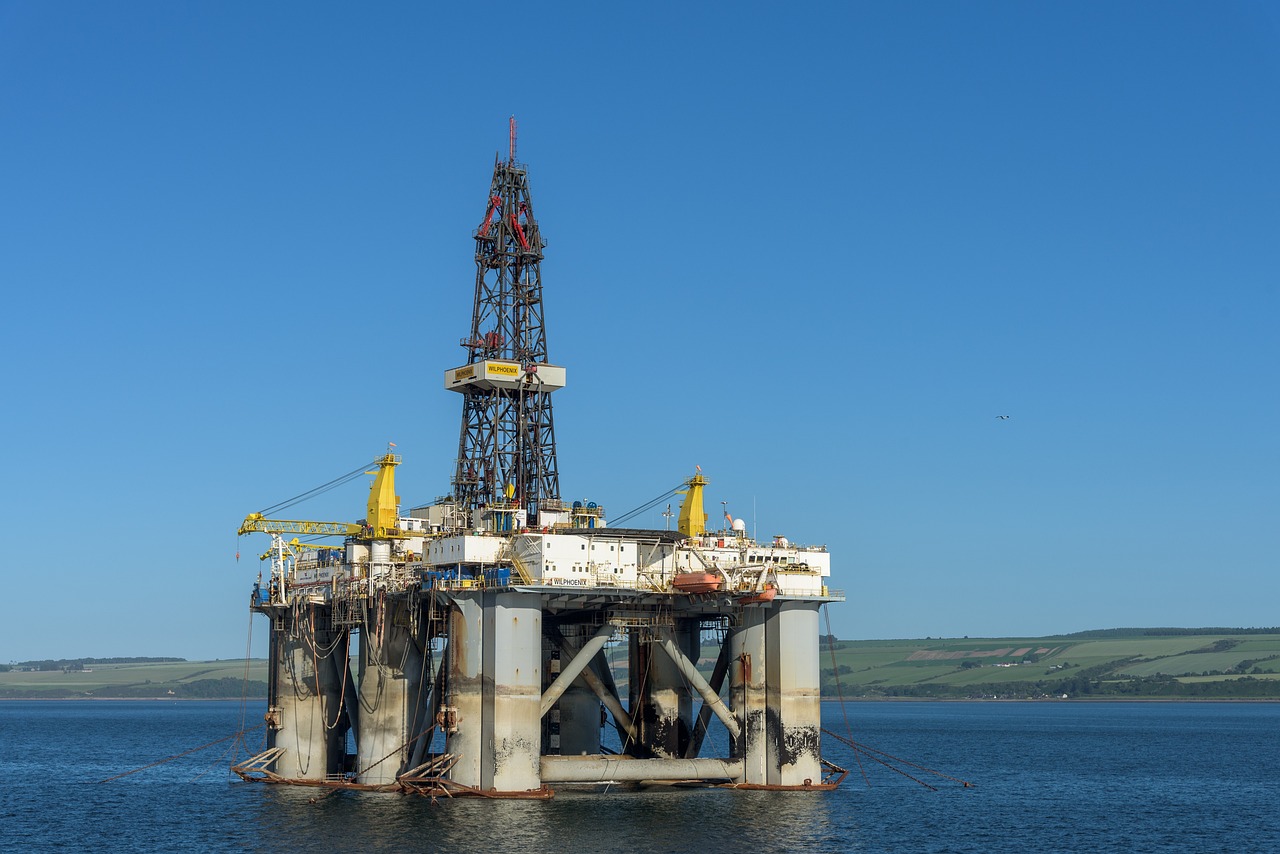Exploring the Potential of AI in Climate Change Adaptation
Artificial Intelligence (AI) is increasingly being leveraged to address the challenges posed by climate change, offering innovative solutions to help communities adapt to shifting environmental conditions. By analyzing vast amounts of data and predicting future scenarios, AI can assist in developing more targeted and effective strategies for climate change adaptation. For instance, AI algorithms can help identify vulnerable regions, assess risks, and recommend measures to enhance resilience against extreme weather events and other climate-related threats.
Moreover, AI-powered tools enable real-time monitoring and early warning systems, facilitating prompt responses to environmental emergencies. These technologies can help authorities make informed decisions, allocate resources efficiently, and coordinate disaster response efforts effectively. By harnessing the power of AI in climate change adaptation, we have the opportunity to build more sustainable and resilient societies that can withstand the challenges of a rapidly changing climate.
Understanding the Impact of AI on Climate Change Resilience
Artificial Intelligence (AI) has emerged as a powerful tool in the fight against climate change, enabling more accurate predictions of extreme weather events and facilitating the development of innovative adaptation strategies. By harnessing big data and advanced algorithms, AI can analyze complex environmental patterns and provide valuable insights for enhancing climate change resilience. Moreover, AI technologies such as machine learning and predictive modeling have the potential to optimize resource allocation and guide decision-making processes in climate adaptation efforts.
One of the key advantages of integrating AI into climate change resilience initiatives is its ability to automate tasks that would typically require significant time and human effort. This enables faster response times to environmental threats and allows for the implementation of proactive measures to mitigate climate risks. Additionally, AI systems can continuously learn and improve their performance, leading to more effective and adaptive solutions for building resilience to the impacts of climate change.
What is the role of Artificial Intelligence in climate change adaptation?
Artificial Intelligence plays a crucial role in climate change adaptation by analyzing vast amounts of data to predict climate patterns, model potential impacts, and develop strategies for resilience.
How can AI help improve climate change resilience?
AI can help improve climate change resilience by providing real-time monitoring of environmental changes, optimizing resource allocation, and predicting and preventing natural disasters.
What are some examples of how AI is being used to address climate change?
AI is being used to develop early warning systems for extreme weather events, optimize energy consumption, improve agriculture practices, and monitor deforestation and wildlife conservation efforts.
How can individuals and organizations leverage AI for climate change resilience?
Individuals and organizations can leverage AI for climate change resilience by incorporating AI technologies into their decision-making processes, investing in AI-powered solutions for environmental monitoring, and supporting research and development in this field.





